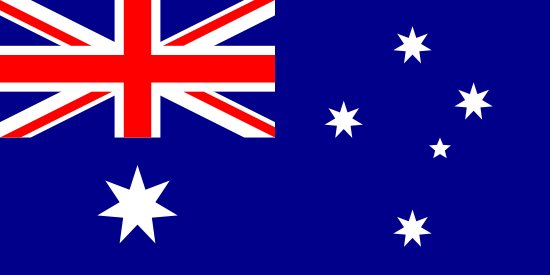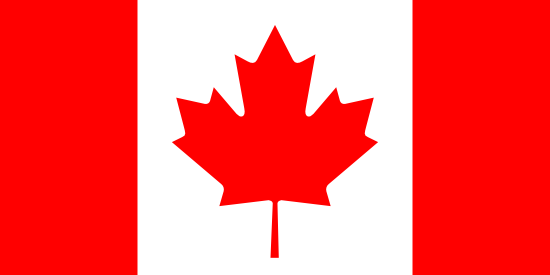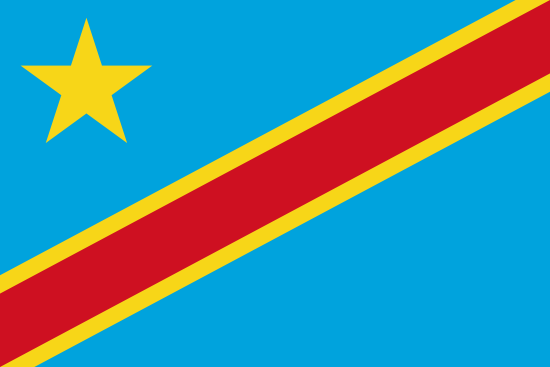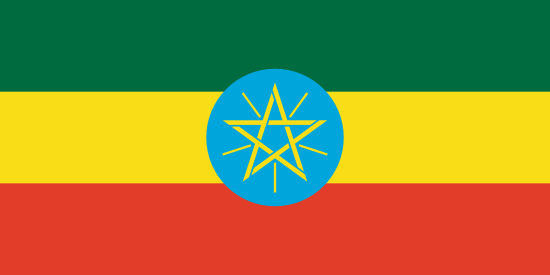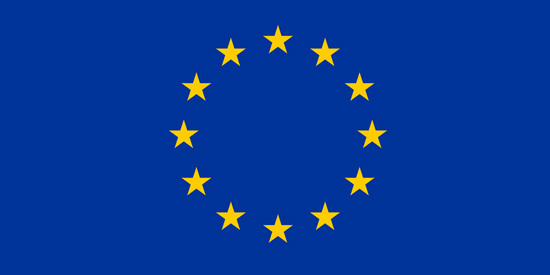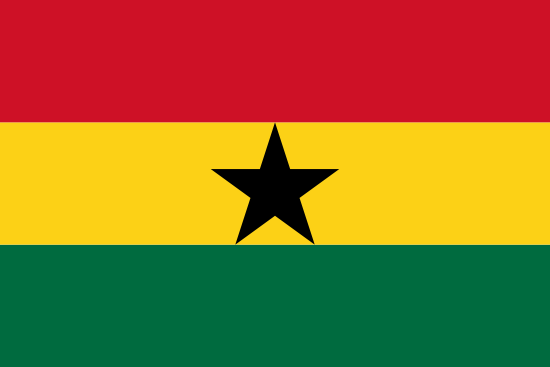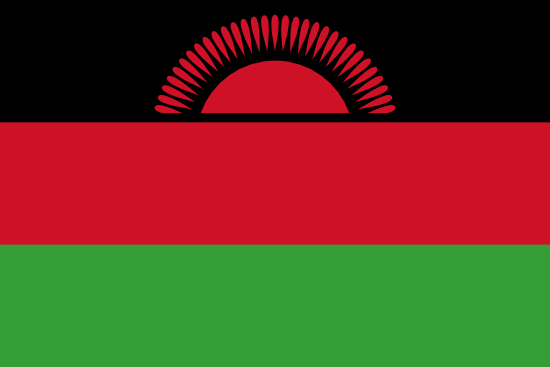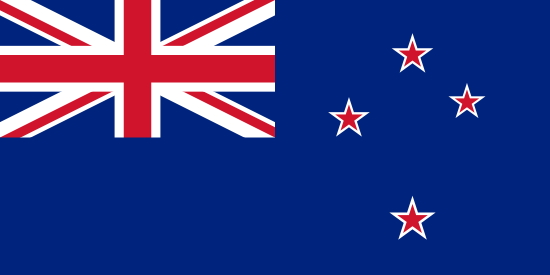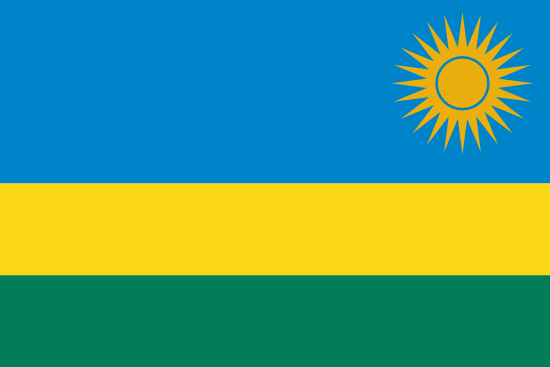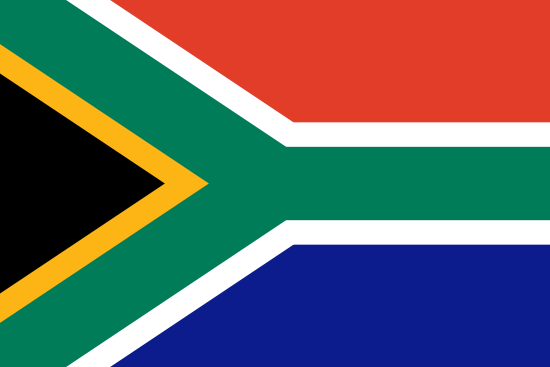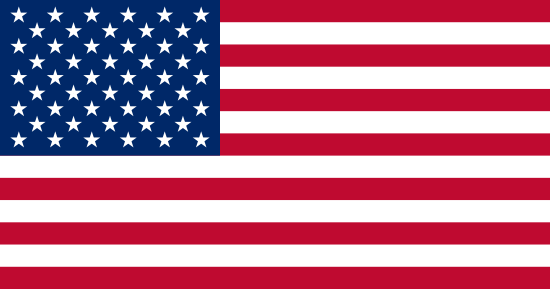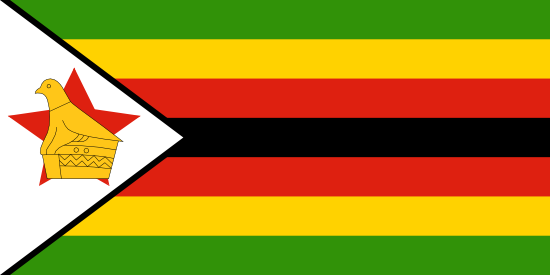AE’s Soweto Kayole Clinic continues to offer essential primary healthcare services to those who need them most.
Early in 2020, many primary health facilities in Nairobi were closed due to the fear of Covid-19, as well as low patient numbers. However, Soweto Kayole remained open to provide essential primary healthcare services to residents of the surrounding slums.
Soweto Kayole Clinic offers affordable and reliable pregnancy services. The antenatal care offered by the clinic includes voluntary counselling and testing (VCT) services for HIV, and the prevention of mother-to child transmission of the disease.
The Clinic also provides HIV counselling, testing and anti-retroviral treatment for residents of the surrounding slums. HIV patients receive comprehensive care that includes anti-retroviral drugs and other medications, nutrition parcels, psychological support and ongoing medical follow-up.
In addition, Soweto Kayole tests and treats patients for tuberculosis, which is very prevalent in the region. During a recent TB campaign, 652 patients were tested for tuberculosis, and 251 tested positive. These patients are receiving TB treatment free of charge at the clinic.
Soweto Kayole clinic also manages emergencies and trauma cases. With an ambulance donated by AE supporters, the clinic is able to refer those with more serious injuries to major hospital centres.
The clinic continues to offer immunisations and growth monitoring of babies and children, as well as education of mothers in the community.
Following the lifting of government Covid-restrictions, clinic staff and volunteers have resumed various health promotion initiatives. Recent initiatives have focused on hygiene and the prevention of infectious diseases.
The Clinic has also recently started a Community Transformation group comprised of local health volunteers. The volunteers have recently received training in trauma healing, and are assisting with trauma counselling and psychosocial support for clinic patients. The group also aims to initiate income-generating activities in the near future.
Africa in 2021 – progress and challenges
Despite significant challenges, and persistent uncertainty, Africa has made extensive progress in recent years.
Since the year 2000, violent conflict in Africa has greatly declined. Data from the World Health Organization showed a 95% decrease in African conflict deaths between the year 2000 and 2012. Although localised conflict increased between 2012 and 2015, conflict is once again experiencing a downward trend in Africa, with the main persistent threat now that of militant Islamic groups.
In the last 10 years, 34 of 54 African countries have improved their governance, leading to significant improvements in human rights. Although some elections have been tainted by corruption, and new democracies challenged by autocratic leadership, generally, there has been a continent-wide push towards democracy in Africa. Democracy has contributed to the alleviation of African poverty, but in countries where it has stalled, economic progress has been hindered.
Overall, Africa has made gains in reducing poverty. With high economic growth rates in most African countries, the proportion of African people living in poverty decreased from 54% in 1990, to 41% in 2015.
However, due to rapid population growth, the absolute number of poor people in Africa has actually increased. Also, inequality means that economic growth does not always eliminate poverty for ordinary people. While the United Nations Sustainable Development Goals (SDGs) aim to eliminate all forms of poverty by the year 2030, recent estimates by the Africa Growth Initiative expect poverty in Sub-Saharan Africa to have reached 25% (at best) or 30% (at worst) by the year 2030.
The COVID-19 pandemic has had a significant impact on Africa’s economic growth. In 2020, Sub-Saharan Africa experienced its first recession in 25 years. Per capita income in the region decreased by over 5% in 2020, reducing the average individual’s income to 2013 levels.
It is difficult to assess the health impacts of the pandemic in Africa, as COVID testing remains low in most regions. Africa’s reported death rates for COVID-19 have been low, attributed by some to its young population. However, the pandemic has placed additional pressure on the fragile health systems of African countries, placing previous health gains at risk.
In 2021, the global pandemic has made life uncertain for all of us. But uncertainty is no stranger to Africa. Sub-Saharan Africa, with its 1 billion people, half of whom will be under 25 years old by 2050, does face an uncertain future.
However, in Christ, with your support and the partnership of the local church, Africa’s uncertainty is turned to hope.
African Enterprise has been running a ‘Street Children Apprenticeship Program’ in Ghana since 2007. This program has successfully trained hundreds of youth in skills that allowed them to be employed or become entrepreneurs in order to improve their circumstances.
AE Ghana is now excited to kick start this program in Togo in March 2021.
According to the World Happiness Report 2020, Togo is the saddest country in the world. The report ‘ranks cities around the world by their subjective well-being and digs more deeply into how the social, urban and natural environments combine to affect our happiness.’
The SCAP program has proven to be successful in Ghana for many years. Vulnerable children face unimaginable futures of prostitution, rape, crime and juvenile delinquency. AE Ghana therefore regards this opportunity in Togo as an absolute must.
The program will aim to empower youth with skills training to better not only their circumstances but also uplifting and supporting their families and communities.
Research has shown that the following vocations are needed in Togo:
– Dressmaking and Tailoring
– Vegetable Plantation
– Aluminum fabrication and tiling
AE Ghana is reaching out to Church Leaders to identify 50 vulnerable children in their communities. The recruitment will be done without any religious, political or tribal bias. These partner churches are encouraged to begin community transformation groups with the beneficiaries and meet on a regular basis where the students can share ideas, receive counseling and have access to prayer support in order to grow and transform together.
Your gift of $15 a week will support a vulnerable student in the program and help them to acquire skills, get off the streets and provide for their families.
Selorm Dunyo from AE Ghana completed his tailoring apprenticeship and has built up his own client base. He is now a qualified tailor currently building his own shop with the savings he makes. 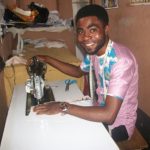
“I am very grateful and thankful to God and also to AE Ghana for transforming my life. I can now support my family through the tailoring business. God bless AE and all donors who made it possible for me to come this far. My new challenge is to save enough money to open my own shop so that I can also help or reach out to other street children”.
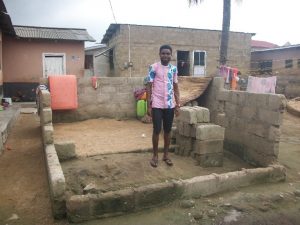
Support Togo SCAP
